The FAA laid out a process that will allow the 737 MAX-9 to return to service. But it will also stop Boeing from increasing 737 production.
Following a study of the Alaska Airlines 737 MAX-9 blow-out, and inspection reports of 40 other in-service aircraft of the same type, the FAA presented an “extensive inspection and maintenance process”, that will allow the aircraft to return to service, with mid-cabin plug doors.
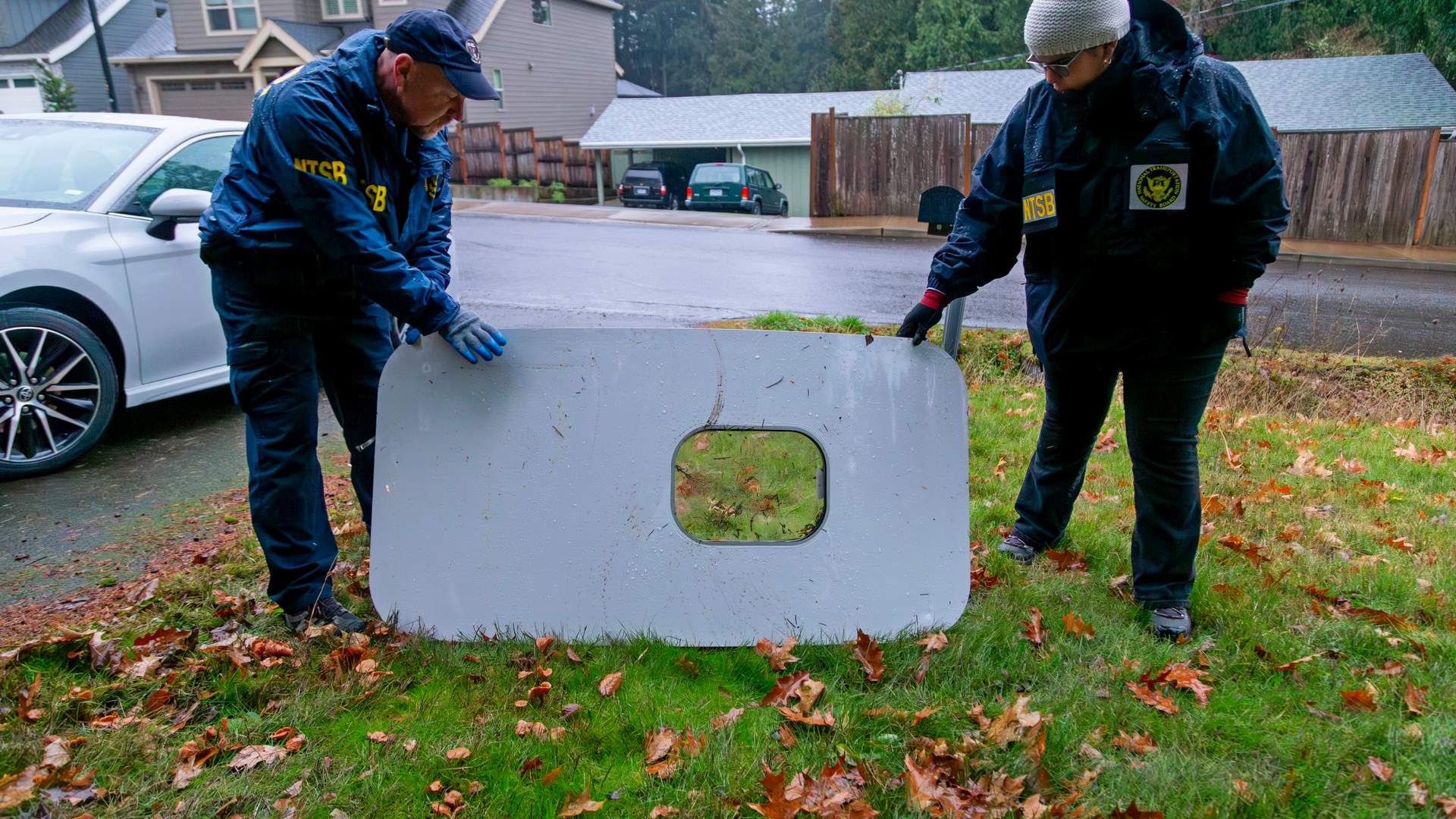
To return to service, the airlines will need to inspect specific bolts, guide tracks, and fittings. They will also need to perform visual inspections of the plugs themselves, plus “dozens of associated components”.
Airline engineers will also need to retorque fasteners. Mis-calibrated torque wrenches have previously featured in reports on Boeing and Spirit AeroSystems manufacturing methods. Spirit is a tier-1 supplier of Boeing and makes the entire 737 fuselage, including the mid-cabin doors and door plugs.
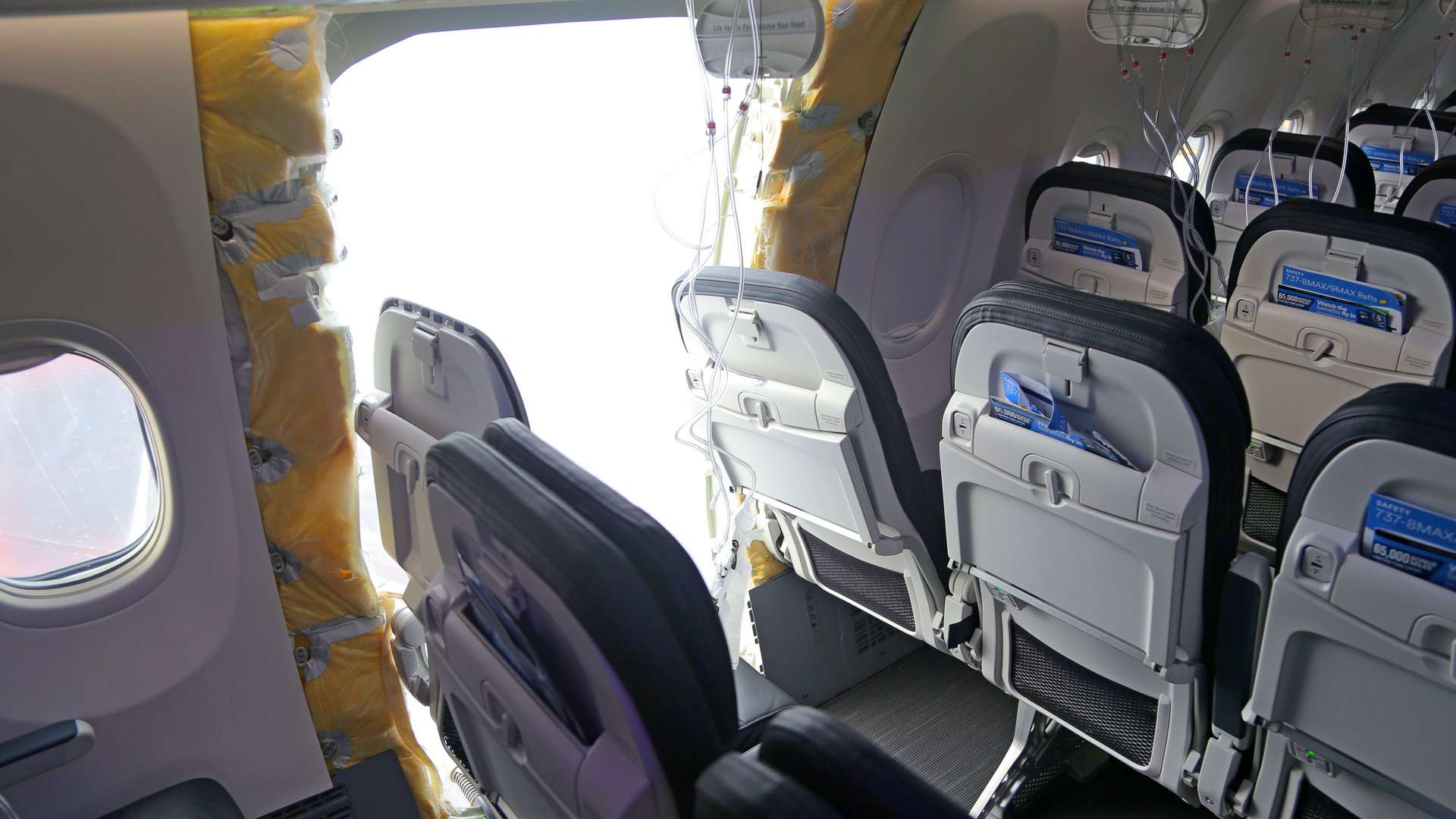
The airlines will be able to return their MAX-9 fleets to service, after performing these checks and correcting any damage or abnormal conditions. Soon after this FAA news, United Airlines announced that it would return the MAX-9 to service on Sunday the 28th of January. Alaska will do the same two days earlier.
FAA Actions Go Beyond The MAX-9
By now, both of these airlines have already inspected their MAX-9 fleets extensively. This explains how they can return these jets to service relatively quickly, after this development. But the biggest story around this FAA announcement lies elsewhere – and doesn’t just affect the MAX-9.

The FAA will stop Boeing’s plans to expand production of the 737 MAX family in the immediate future. Until now, all 737s were made in Boeing’s Renton facility. The only exception is the first few 737-100s (and possibly some early -200s) made in the first couple of years of production.
But about a year ago, Boeing announced plans for a new 737 assembly line – in Everett, north of Renton. Boeing currently has three 737 Finish Assembly Lines (FALs) in Renton. The Everett line would be the fourth and would concentrate on building 737-8200s and 737-10s, according to Leeham News.
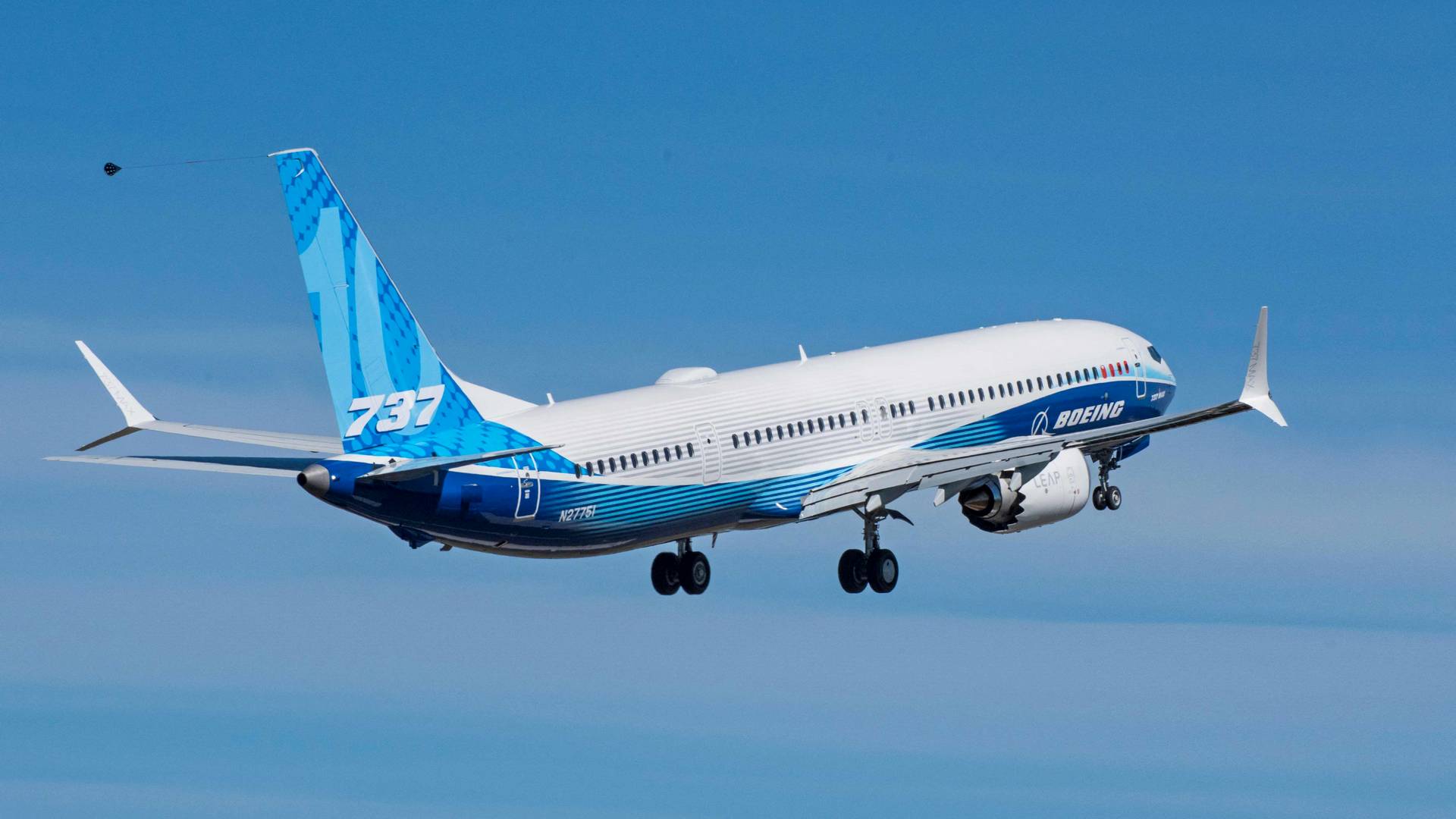
In its announcement about the return of the MAX-9 to service, the FAA states that it informed Boeing that “it will not grant any production expansion of the MAX, including the 737-9 MAX.”
This is an unprecedented move, that could have serious repercussions on Boeing and its customers. The reason that Boeing wanted to accelerate 737 production, was in response to Airbus’ A320neo family expansion plans. Airbus already makes considerably more A320/A321neos per month than Boeing makes 737s.
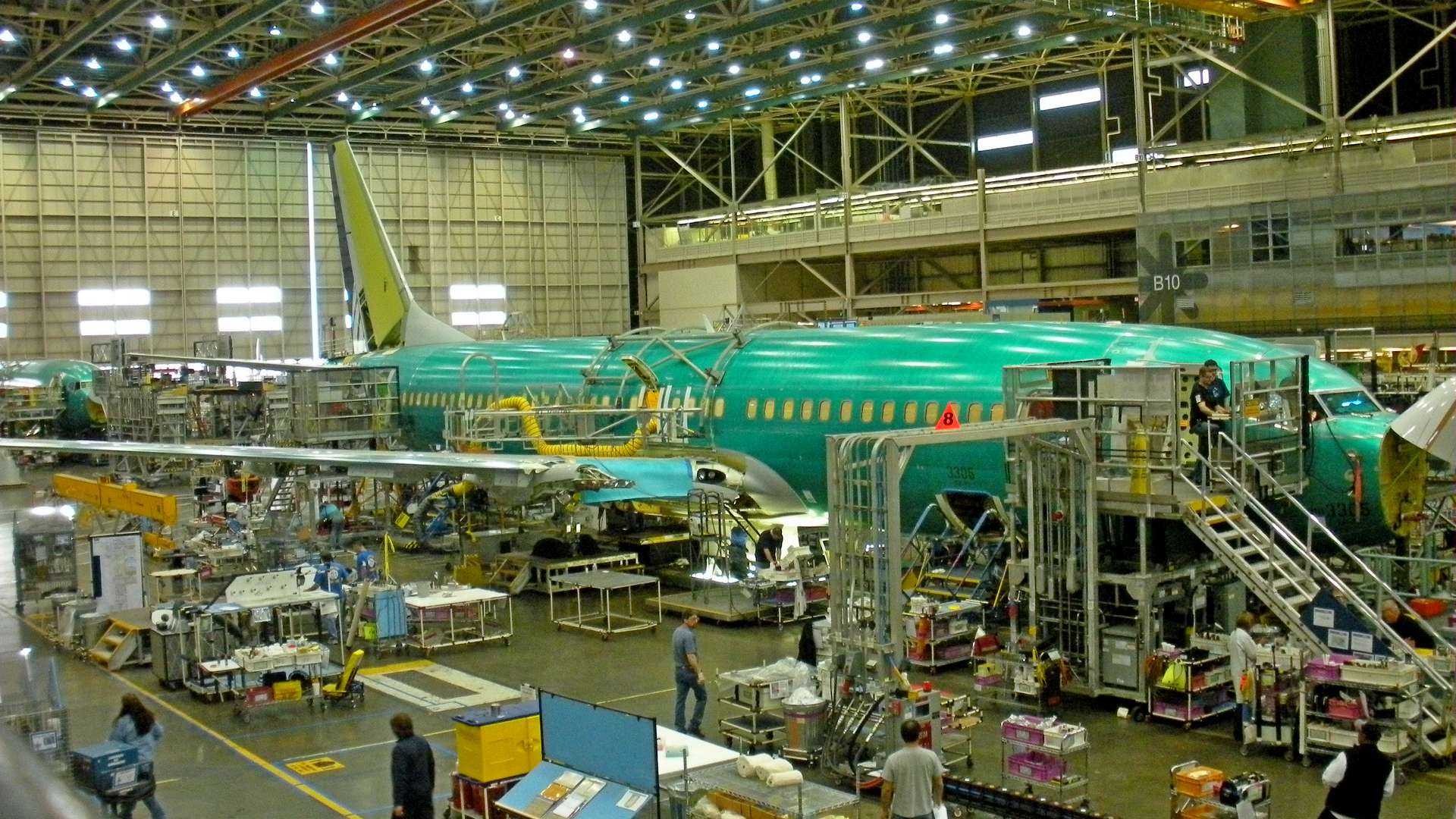
Effects On Airlines, Suppliers – And Boeing Management?
Boeing had already been struggling to meet aircraft delivery schedules, even before these developments. The news impacts Boeing’s suppliers. Several airlines are already cutting their aircraft delivery forecasts, as a result. Southwest just announced that it doesn’t expect to get any MAX-7s this year.
A whistleblower recently shed some light on how the mid-cabin exit door plug on Alaska’s 737 MAX-9 likely entered service without the four bolts that kept it in place. It is likely quality control issues like these that the FAA wants to see resolved, before allowing Boeing to expand 737 production.
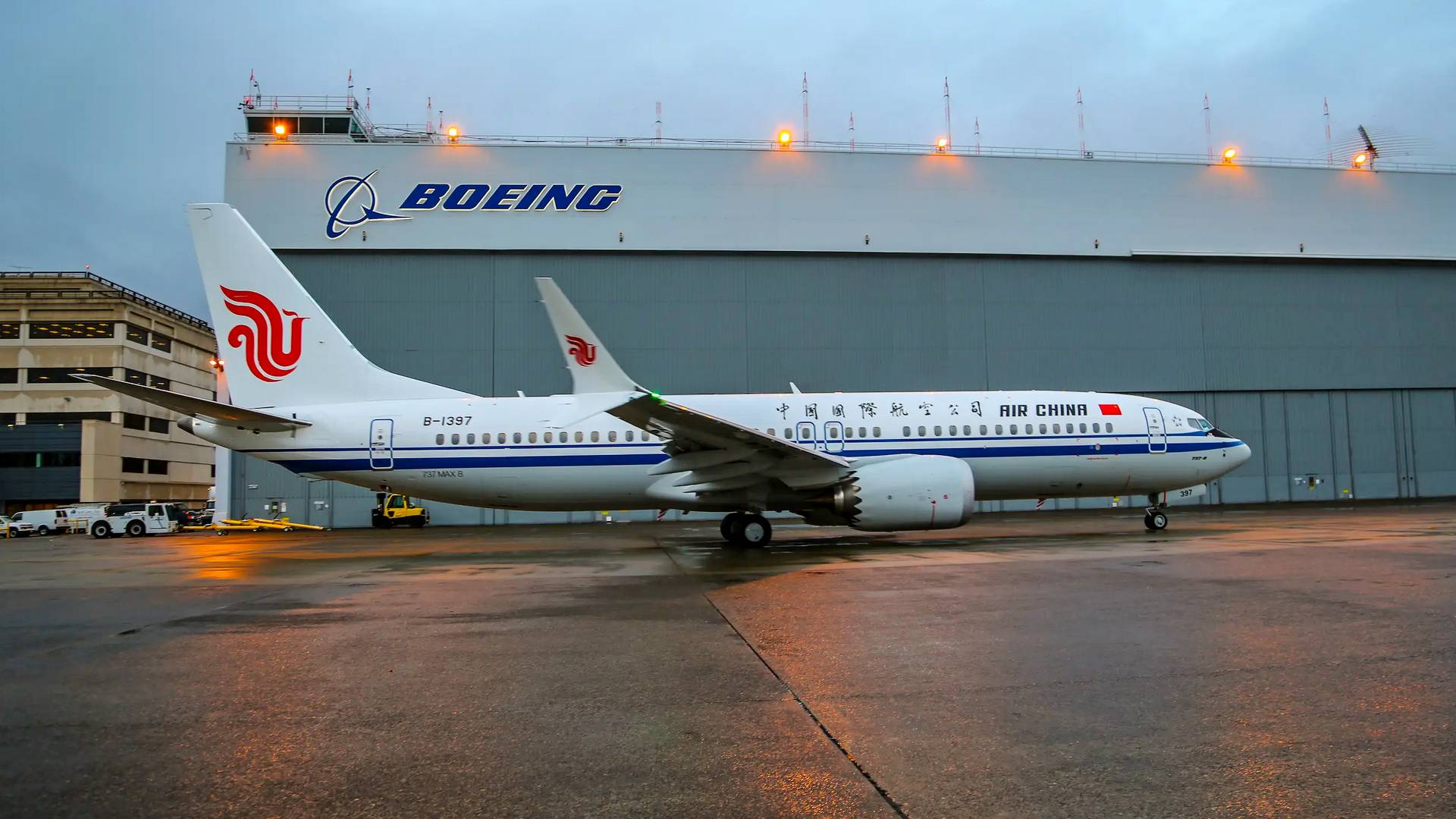
In other news, China’s aviation regulator just announced that Boeing can resume 737 MAX-8 deliveries to the country’s airlines (there are no MAX-9 orders from Chinese carriers). Without the MAX-9 blowout and the related FAA actions, this news would have been a Boeing triumph. It now gets much lower billing.
Some argue that the FAA’s restrictions, as well as the rest of the questions asked of Boeing’s quality control, could soon have implications for Boeing’s management. It is clear that many in the industry want to see big changes in the American manufacturer, to restore confidence in its aircraft.
Sources: FAA, Reuters, Leeham News, The Air Current




3 comments
Cheryl
Not flying in anymore Boeing planes. They have always been a ticking time bomb, and have had regular disasters spanning decades.
Marv
It’s about time the myopic viewpoint, whereby shareholders only see and respond to the ‘immediate’ gratification of fast profit by imposing executive management who responds to the profit demands, changes to a long term view that sees profit as a function of performance. Now, with regulators restricting production rates, maybe the potential long term profits will convince these money grabbers that “You get what you pay for.”
Tobias
Personally I think this plane is doomed to fail. 😭